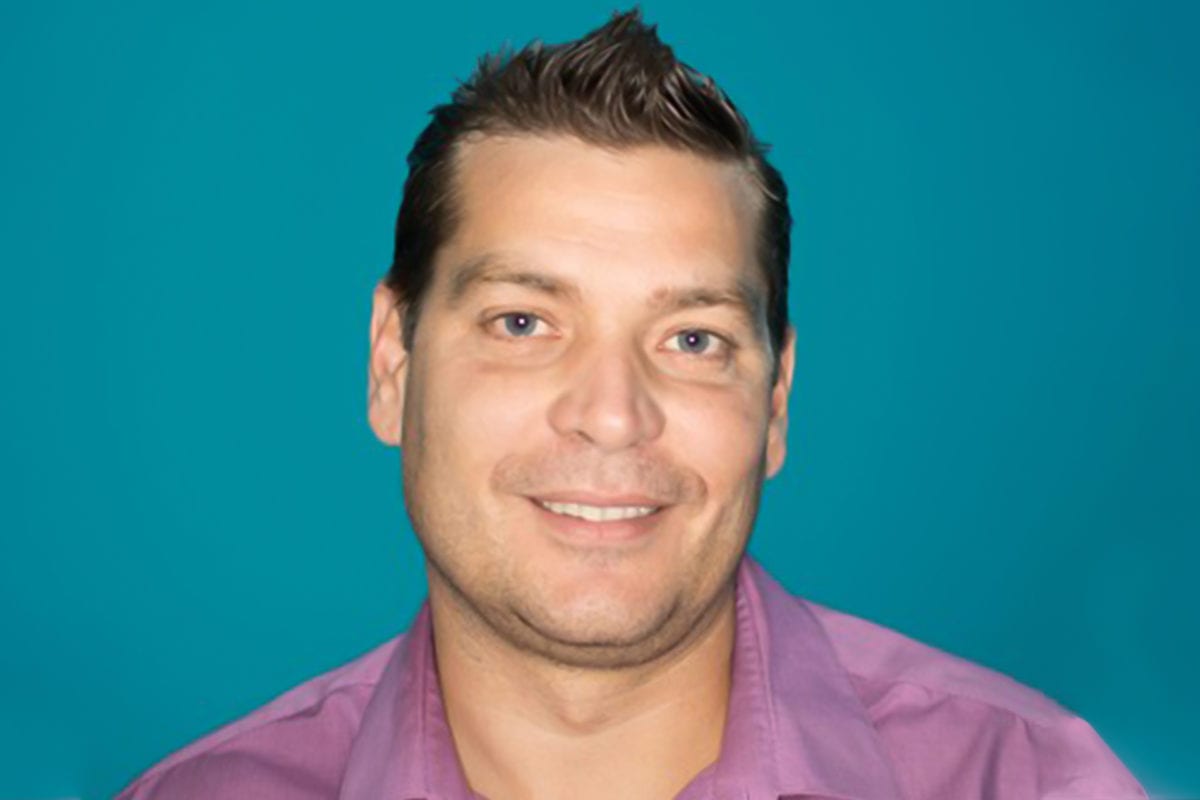Chris Izquierdo is the co-founder and CEO of DevFacto Technologies Inc., an award-winning software development company based in Edmonton, Alberta that has consistently ranked as one of the best places in Canada to work. Izquierdo was in the Winners’ Circle of a previous issue of The Edge, and this is part of that conversation.
One of your DevFacto’s tenets is “happy employees = happy customers.” What does that relationship mean for your business?
For our business, it is the core principal we based the company on. Not that other companies don’t care, but there’s a lot of dissatisfaction in the market. It leads to high turnover, and a lot of issues. When we started DevFacto, we decided, “we are going to do everything we can to ensure that our employees are extremely happy in their work environment.” And in turn, if we keep employees happy, keep them engaged, if you keep them motivated, they are going to do a great job. And they are going to delight our customers.
You’ve been critical of the use of cubicles. What role do you think the work environment plays in employees’ wellbeing?
It’s huge. It’s a very important, critical role. On the surface, when you look at cubicles, when you look at small spaces for work, on the surface it makes sense financially, based on how many employees you can put in a certain area. The challenge with that is that it’s just simply on the surface, because in the type of work that we do as an IT consulting company, they all need to concentrate. A lot of studies have been done on what happens if an individual gets taken out of what we call “the zone.” It will take them 10-15 minutes to get back into that zone to be fully productive in what they are doing, in the highly intellectual, highly critical type of thinking in the work we are doing. So, a cubicle creates avenues for people to get distracted and get out of that zone, which diminishes their happiness, their productivity, their well-being. It’s simple to measure number of people per square feet, but that’s the wrong way to measure it.
You arrived in Canada from Cuba at the age of 22. Did you always have an entrepreneurial spirit even then? What drove you to become successful?
I didn’t always have an entrepreneurial spirit. Maybe I did but I didn’t know I had it; I didn’t know what an entrepreneur was. So, you look at Cuba, you can’t be an entrepreneur in Cuba. I went to university for computer science, the path of my life was that as soon as I graduate, based on my performance, I will be able to choose to some extent where I am going to go, or not, and I will work at that place, and my salary is going to be dictated by the government. I knew what I’d be making in three years. And I can move up to the corporate level but that’s about it. I can’t start my own business, there was nothing like that. I didn’t know what being an entrepreneur was.
But when I got to Canada I decided that the easiest thing for me would be to stay in Cuba. All my friends are there, family, I know the language, I have an education, I know where I will work; that’s the simple life. So, I decided that I will improve myself, I will move to Canada. I want to explore and try to be the best I can be. I will go hiking, I will go kayaking, I will try to learn new things all the time. And the thing I learned through that process is entrepreneurship, what it takes to be an entrepreneur.
Your company has grown fast in just over 10 years, from revenue of less than $30,000 to almost $15 million. How did you navigate that rapid expansion?
It’s a lot of work (laughs). What I noticed, some people want a shortcut to growth, to success, and we haven’t found it. It’s still a lot of effort. So, you put a lot of effort, you do strategic analysis of where you want to go, and you have a true north that doesn’t change regardless of what you do. Our core values are what became that true north for us. Every decision we make has to be able to pass that test. Because at the end of the day that’s what matters, that we have our core values.
But I think what is more important is that some of the principles by which we operate this company are transparency and flexibility. The ability for us to be flexible in our engagement with our employees, talking to them one-on-one, understanding that everybody’s life situation is different, but also flexibility with our clients. We do very little sales, and that’s crucial as well. And we never focus on growth, and never focus on profits. That might seem counterproductive or counterintuitive, but the reason we don’t focus on that is that growth is a by-product of doing everything else that I mentioned before. I tell every employee that we want you to do your life’s work here. And if they buy into that concept, if we give them the tools to be able to do that, we will grow.
Maureen Simpson | Contributing Writer



















